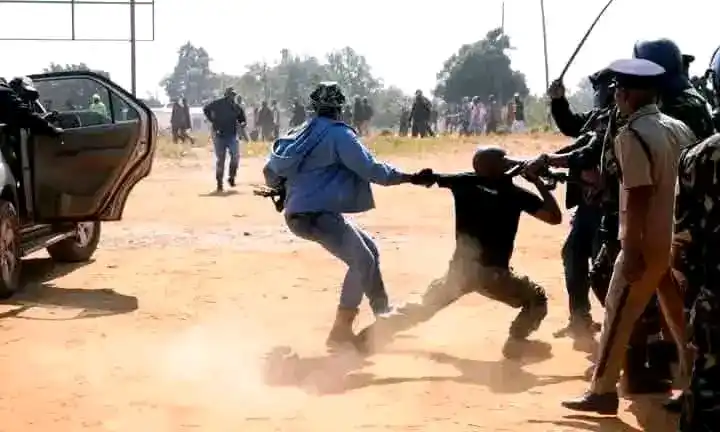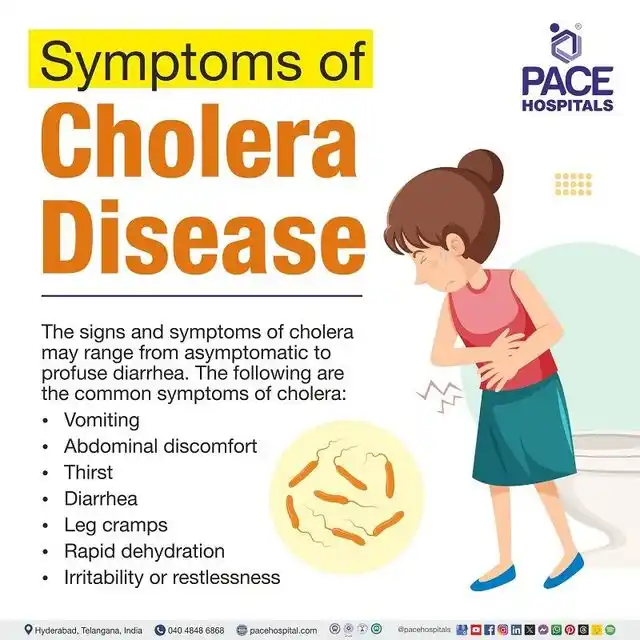Renowned Malawian lawyer, Khumbo Soko, is set to deliver a highly anticipated lecture on the legal dimensions of electoral alliances in Malawi. The talk, at the invitation of University of Malawi (Unima) specifically the Student Law Society, will be held at the university campus in Zomba this Friday starting 2pm.

In an interview, Soko said lecture is expected to shed light on the complex legal issues surrounding political coalitions and their implications for the country’s democratic processes, especially in the wake of the introduction of the 50% + 1 electoral law.
Soko—a respected legal expert and advocate for constitutional law—is renowned for his extensive knowledge of Malawi’s legal landscape, particularly in areas related to electoral law and governance.
His address is expected to offer crucial insights into the legal challenges and opportunities presented by electoral alliances, which have become a key feature of the country’s politics since the adoption of the 50% + 1 voting system.
In recent years, political parties in Malawi have increasingly relied on coalitions to secure victories in national elections, with some alliances breaking down or experiencing internal conflict.
The most notable example in recent years is the Malawi Congress Party (MCP) and United Transformation Movement (UTM) alliance, which, despite initial success, ultimately failed to achieve its long-term political objectives.
Soko’s lecture will explore the legal issues surrounding the formation, management, and dissolution of such coalitions, and what lessons can be learned from the challenges faced by these alliances.
Soko also emphasized the importance of understanding the legal frameworks governing electoral alliances, particularly in a multi-party democracy like Malawi’s.
“As political alliances become more central to our electoral system, it is essential to discuss and analyze the legal dimensions that shape their formation and success,” Soko said.
“Electoral coalitions need to be legally structured and managed to avoid internal discord and ensure that all parties involved are adequately represented. This discussion is timely, especially with the 2025 General Elections on the horizon.”
Soko is expected to discuss key topics, including the legal agreements that underpin alliances, the role of party leadership in coalition governance, and the potential legal consequences when such alliances break down.
He will also examine the broader implications of coalitions on the country’s political stability and the future of the 50% + 1 electoral law.
The event, organized by the Student Law Society and other legal stakeholders, is expected to attract legal professionals, political analysts, and key policymakers, all eager to engage in discussions on the future of Malawi’s political alliances.
In addition to his legal expertise, Soko has been a vocal advocate for electoral reforms in Malawi, having worked on various initiatives aimed at enhancing the integrity and inclusiveness of the country’s electoral process.
As Malawi approaches the 2025 General Elections, political parties are already beginning to form alliances in anticipation of a competitive race, making Soko’s insights into the legal aspects of these partnerships more relevant than ever.
The lecture will be open to the public, with a Q&A session planned to allow for further debate and clarification on the issues raised.








0 Comments